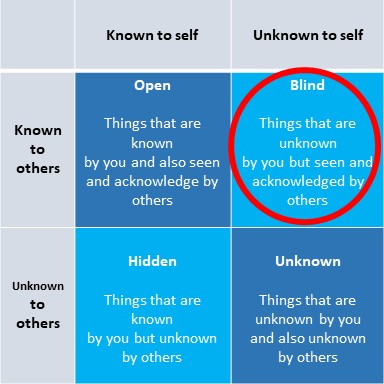For the new generation of workers, company loyalty is often a fluid notion; a commodity to be traded to the highest bidder. Employers of choice must therefore be mindful of the cost and customer service implications of high attrition rates and try to mitigate this by ensuring that their pay and benefits package is attractive. It’s especially important when employees see the company growing and being profitable but don’t see it reflecting in their salaries. Recognition programmes and company perks can only go so far, and it’s not like they are considered legal tender at the supermarket.
WHEN YOU DO WHAT YOU LOVE…
Some say the sweet spot is when you get well-paid to do something you’d probably consider doing for free anyway. Take for example an executive buyer whose job is to travel the world, shopping in the most exciting cities, purchasing designer wear. Who wouldn’t want that job, right?
However, any human resource (HR) professional can also attest that in order to keep employees happy and engaged at the end of the day, they must have enough disposable income to save, pay for school, or buy a house or car. In this regard, job satisfaction is directly correlated to compensation. That ultimately is what matters most, especially to line staff. Therefore, organisations that choose to retain earnings, pay higher stock dividends, or invest in expensive infrastructural projects in lieu of reinvesting in their most valuable asset — their team members — stand the risk of losing them to companies that recognise and value them enough to pay them what they’re worth.
Notwithstanding, many HR professionals struggle to access accurate or recent compensation information to create competitive compensation packages. Companies like Birches Group help to provide this type of accurate and up to date compensation data which managers can use to create competitive packages.
NO ROMANCE WITHOUT FINANCE
On the other side of the fence — where employers are concerned — job security as it used to be known is a thing of the past. Now it’s mostly about, what have you done for me lately? The concept may sound reprehensible to more seasoned campaigners, but the truth is that many organisations are no longer bound by that unspoken contract — that “we will do our best to ensure your job security and compensate you equitably”. The sad reality is that one day you will have a job and next week 500 employees are cut in rationalisation exercises designed to make the company more agile and efficient — which, in English, means you’re fired.
But people aren’t stupid; not most of us anyway. When staff members see the company’s profitability booming, new locations opening, managers’ motor vehicles being upgraded, they begin to ask questions, like, “What about me? Where’s my pay raise? I want nice things too!”
And you know what ultimately suffers the most from this situation, the company they USED TO work for. That’s when manager’s scramble for advice from HR service professionals about how to keep their best and brightest. No wonder many in the job market have become occupational mercenaries, ruthlessly seeking new opportunities when their future with their current employer looks bleak. It then becomes a case of ‘do unto others BEFORE they do unto you’. Thank you, next…
Until next time, leaders keep lookin’ up!
Read more
http://www.jamaicaobserver.com/career-education/what-s-love-got-to-do-with-it-_175319?profile=1270













 e past few decades, we’ve witnessed the evolution of workplace philosophy from just focusing on managing staff to placing greater emphasis on leading team members. On the surface, the difference may seem semantic or mere wordplay, but the distinction is very important and in my opinion is a significant characteristic driving the BPO sector, an industry which is transforming Jamaica’s economic landscape.
e past few decades, we’ve witnessed the evolution of workplace philosophy from just focusing on managing staff to placing greater emphasis on leading team members. On the surface, the difference may seem semantic or mere wordplay, but the distinction is very important and in my opinion is a significant characteristic driving the BPO sector, an industry which is transforming Jamaica’s economic landscape.